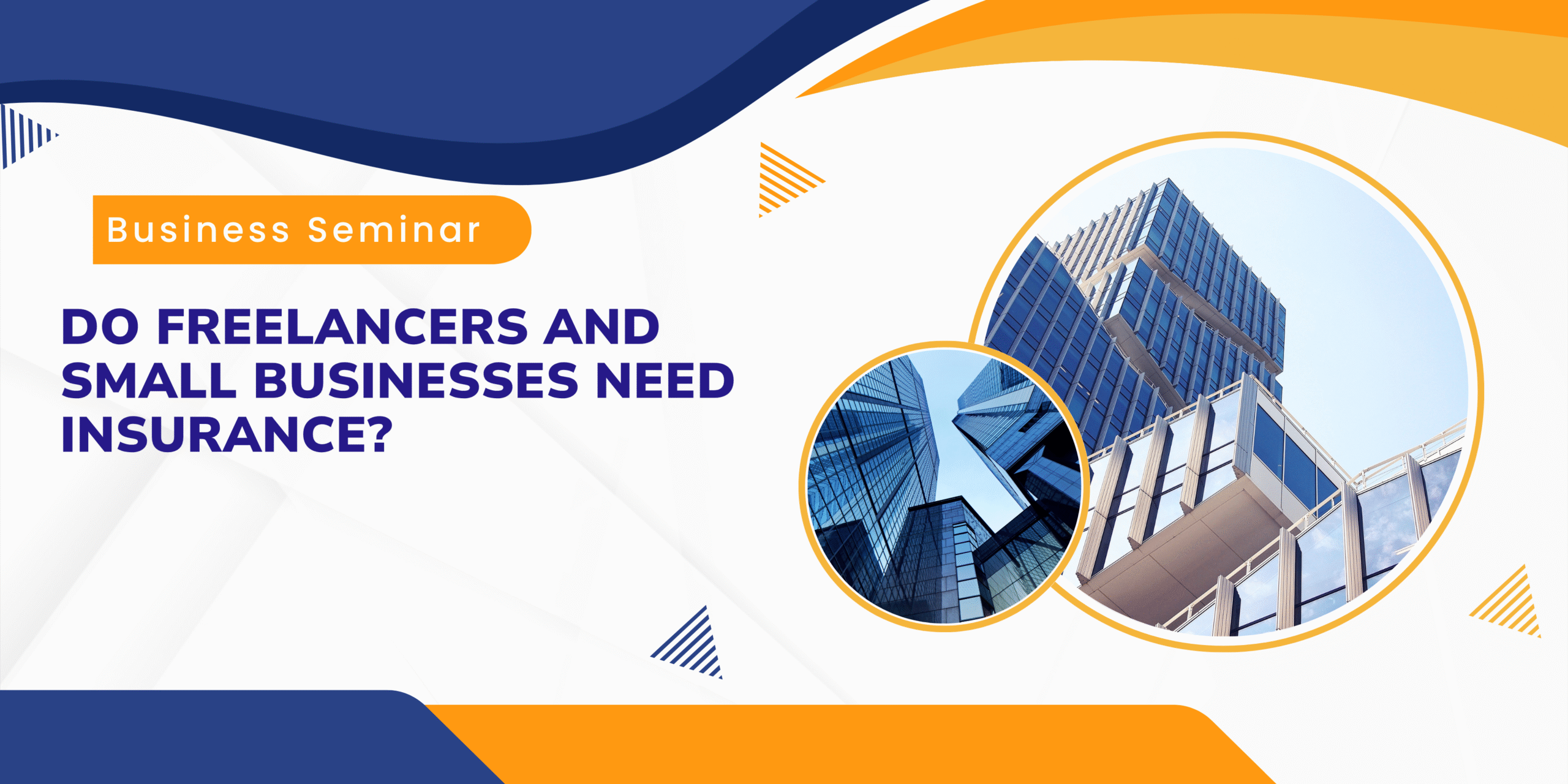Do Freelancers and Small Businesses Need Insurance? If you’re a freelancer, solopreneur, or small business owner, you may be wondering:
“Do I really need insurance?”
The short answer? Yes.
Just because you’re not running a large company doesn’t mean you’re free from risk. In fact, freelancers and small businesses are often more vulnerable to financial losses because they may lack the resources to absorb unexpected costs.
Let’s break down why insurance matters—and which types you may need.
Why Insurance Matters for Freelancers and Small Businesses
Running your own business gives you freedom, but it also comes with responsibility. If something goes wrong—a client sues you, your equipment is stolen, or your work leads to financial loss—you could face serious out-of-pocket expenses.
Insurance helps protect your business, reputation, and income.
It provides a safety net so you can focus on growth instead of worrying about worst-case scenarios.
Key Risks Freelancers and Small Businesses Face
- Lawsuits: A dissatisfied client might sue over missed deadlines or unsatisfactory work.
- Property damage or theft: Laptops, cameras, or tools can get stolen or damaged.
- Accidents: Someone could trip and fall while visiting your workspace.
- Cyberattacks: Data breaches and hacking aren’t just for big companies.
- Professional mistakes: An error in your work could lead to real financial losses.
Even if these seem unlikely, insurance ensures you don’t go bankrupt defending yourself.
Essential Types of Insurance to Consider
1. General Liability Insurance
Protects you against third-party claims like bodily injury, property damage, or advertising injury.
✅ Best for: Photographers, consultants, designers, and anyone who works with clients or the public.
2. Professional Liability Insurance (Errors & Omissions)
Covers legal costs if a client claims your work caused them financial harm due to a mistake or oversight.
✅ Best for: Freelancers and professionals like web developers, writers, coaches, and marketers.
3. Business Property Insurance
Protects your equipment, tools, or office space from theft, fire, or other disasters.
✅ Best for: Anyone with valuable gear or a physical workspace—even a home office.
4. Cyber Liability Insurance
Covers data breaches, ransomware attacks, and other cyber-related issues.
✅ Best for: Online businesses, e-commerce, and freelancers who store client data.
5. Business Owner’s Policy (BOP)
A bundle of general liability + property insurance—often more affordable than buying separately.
✅ Best for: Small businesses looking for basic protection at a lower cost.
Is It Required?
In some cases, yes. Clients or vendors may require proof of insurance before working with you. In other cases, it’s just smart business. Investing a little now can save you a fortune later.
Final Thoughts
Being a freelancer or small business owner is empowering—but it doesn’t mean you’re immune to risk. Insurance isn’t just a safety measure; it’s a tool to build trust, win more clients, and protect your future.
Don’t wait for something to go wrong. Get covered and grow with confidence.
